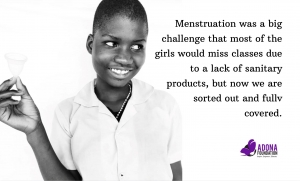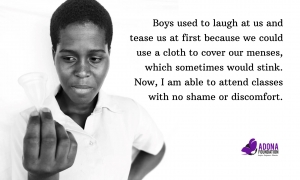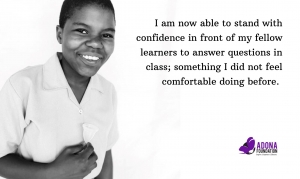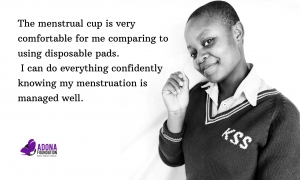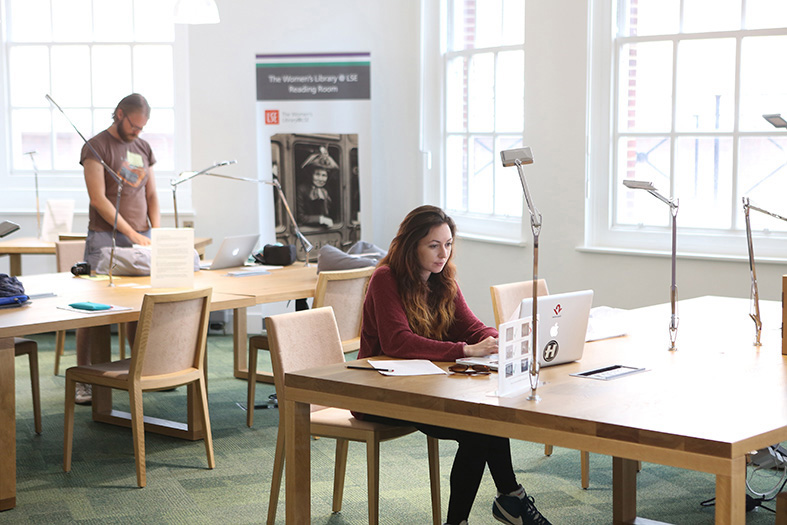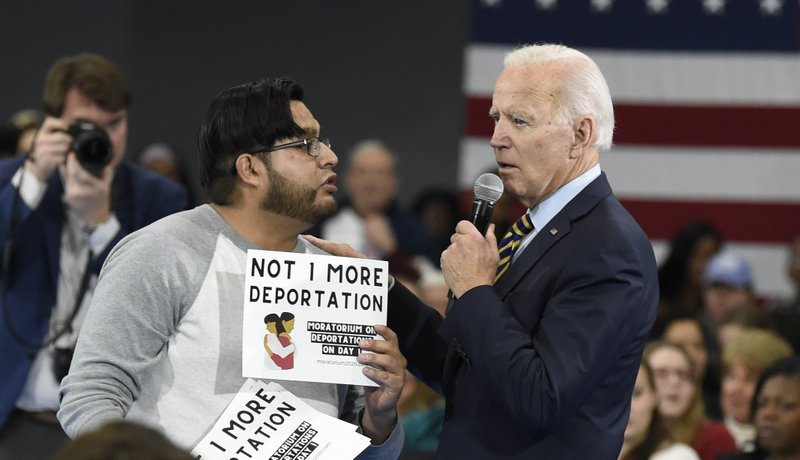MSc Development Studies student, Valerie Yeo, tells us about her non-profit, Adona Foundation, which seeks to inspire, empower and educate girls and young women in developing countries.
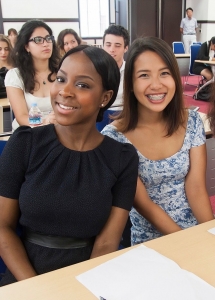
I am a postgraduate student at the London School of Economics and Political Science (LSE), studying an MSc in Development Studies. I completed my undergraduate degree in Political Science at the National University of Singapore (NUS), and spent two years working at the Ministry of Foreign Affairs (MFA), and six months at the Ministry of Manpower (MOM) prior to joining LSE.
In 2015, I embarked on an internship in Tokyo, Japan, where I met Alexina Phiri – my co-founder and friend. The internship was the beginning of a beautiful friendship and partnership. Both passionate about women’s empowerment, in particular furthering girls’ access to quality education, Alexina and I believe that education is the key to breaking out of the cycle of poverty, and that every girl, every woman, should be given the opportunity to pursue her dream without constraints.
In my time working for MOM, I gleaned some experience on how to incorporate behavioural insights in crafting public policies regarding the welfare of migrant workers in Singapore. I hope that through my education at LSE, I will be able to use behaviour insights and design thinking concepts to design capacity-building programmes that address the needs and vulnerabilities of underprivileged girls in developing countries.
In May 2019, Alexina and I officially founded our non-profit subsidiary – Adona Foundation – which seeks to inspire, empower and education girls and young women in developing countries, through raising awareness about women’s rights, fundraising, and working together with local NGOs to implement capacity-building programmes. We started with this project called “Menstrual Cups for Girls in Malawi”, where we aim to raise enough funds to provide 1,000 menstrual cups to the beneficiaries of Care4Girls Malawi, our local partner.
I think studying at LSE has both influenced my experience working on the menstrual cups projects, and vice versa. The LSE community has been incredibly vibrant and supportive – I’m partnering with LSE Brazilian Jiu Jitsu Society, LSE United Nations Society, LSE Women Leaders of Tomorrow, and LSE Entrepreneurs Society’s Social Innovation Academy to organise various events (e.g. fundraisers, talks, etc.) to raise awareness about menstrual health management in Malawi and raise funds to buy menstrual cups for these girls.
Valerie Yeo is a postgraduate student at the London School of Economics and Political Science (LSE), studying an MSc in Development Studies.
The views expressed in this post are those of the author and in no way reflect those of the International Development LSE blog or the London School of Economics and Political Science.


